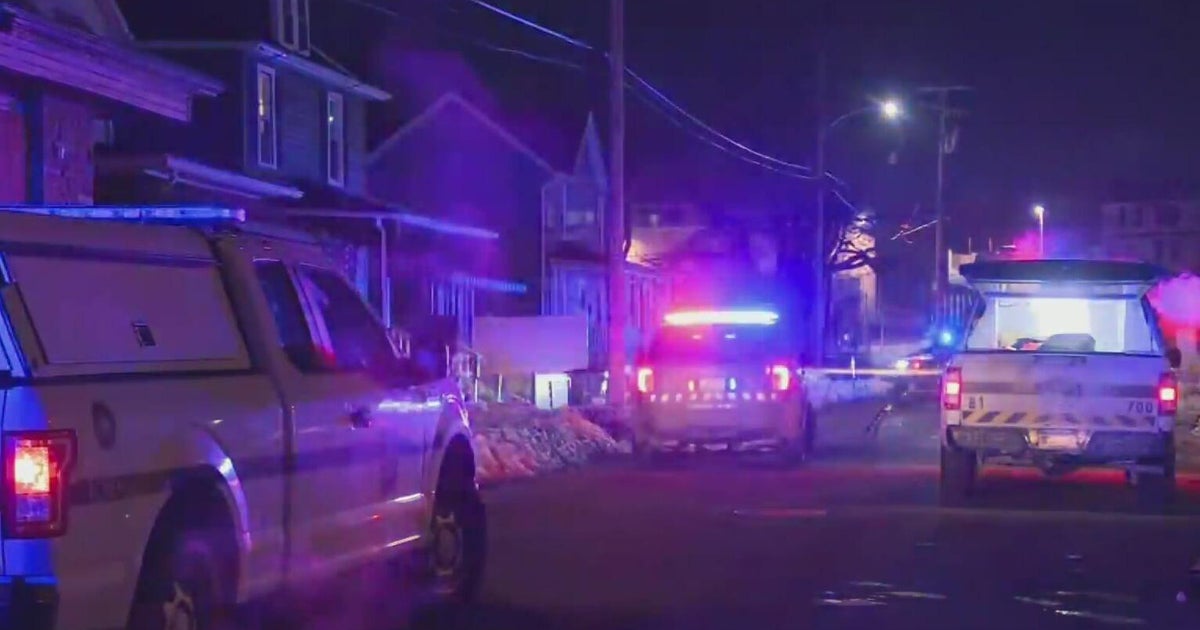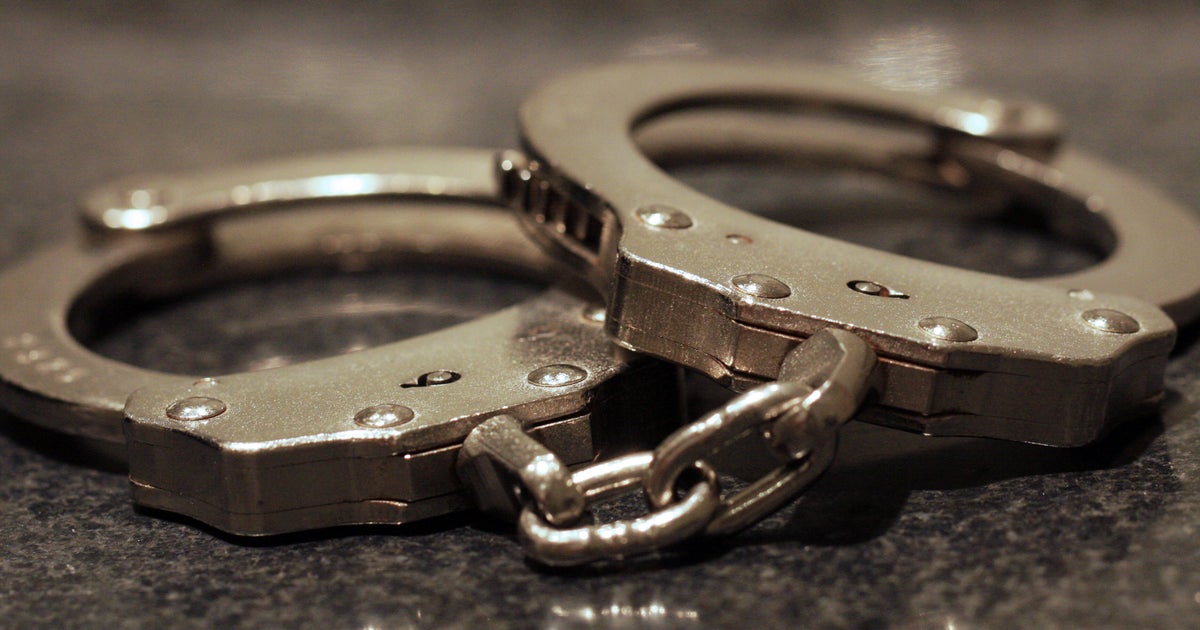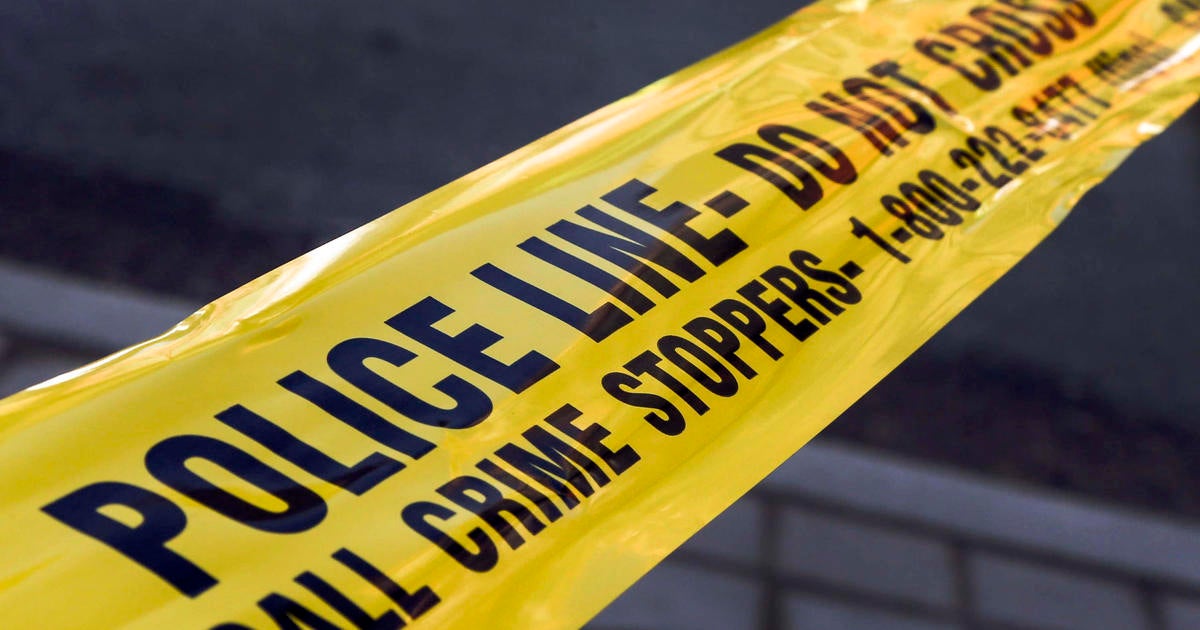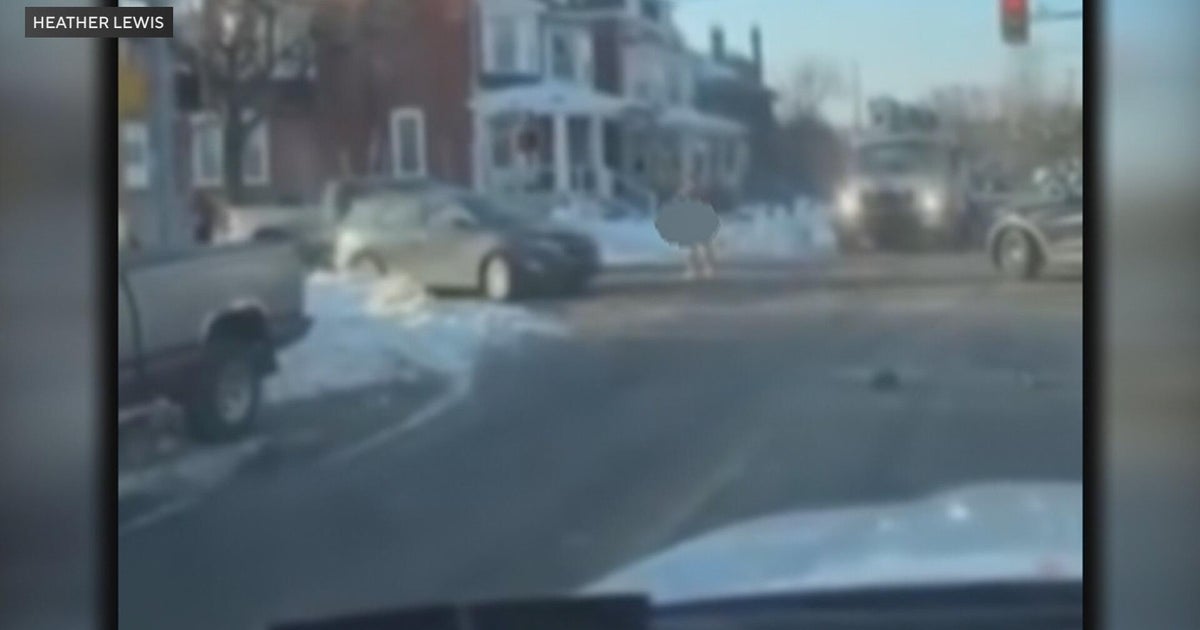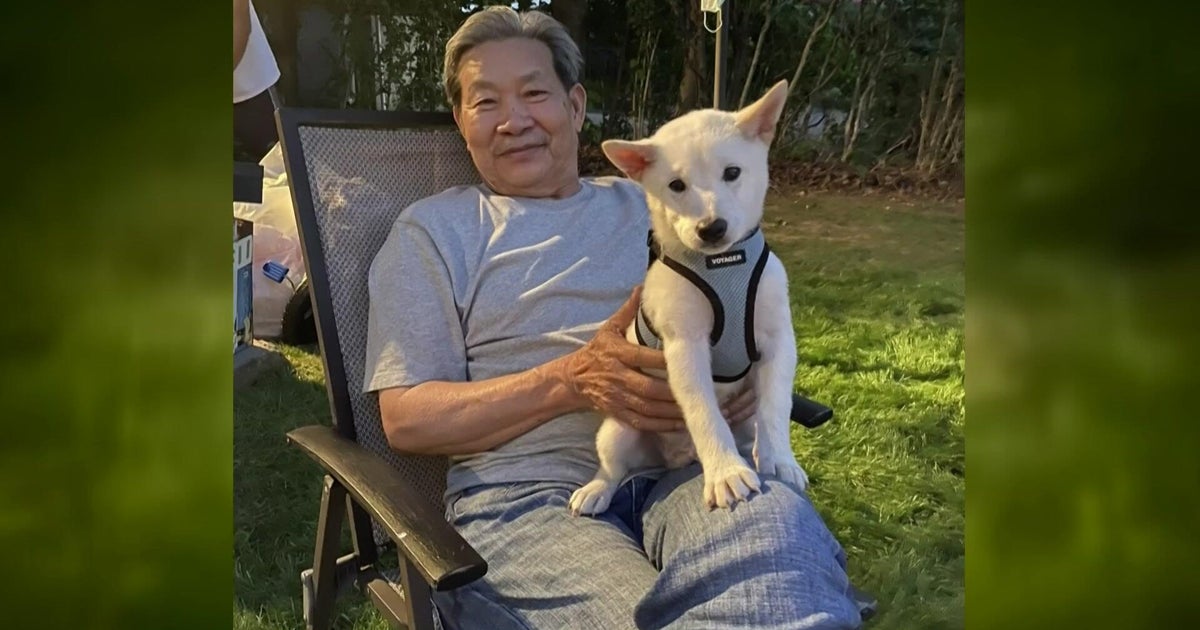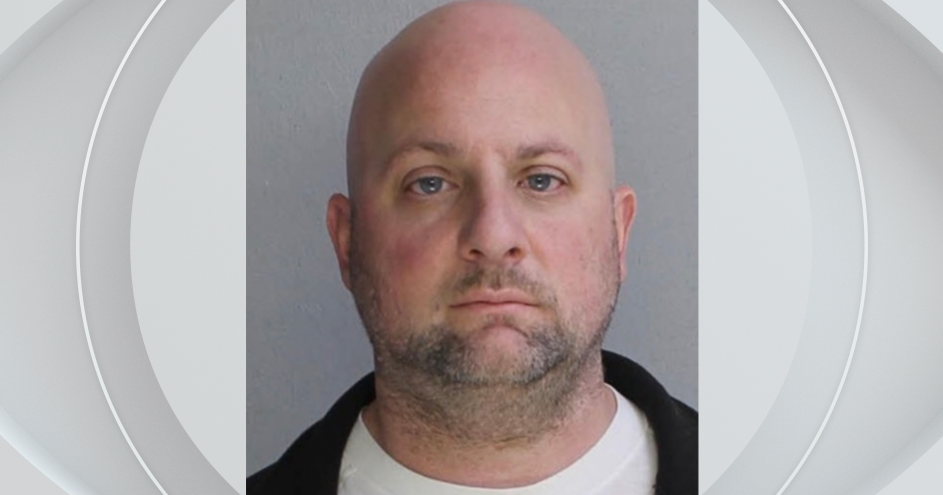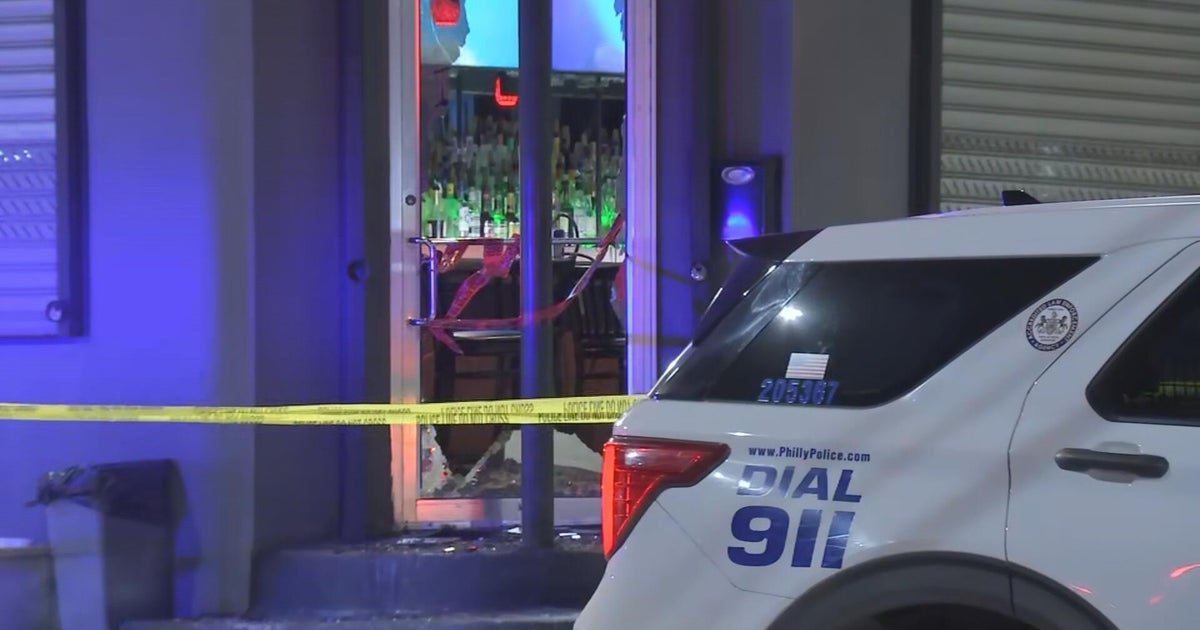Justices Take Up Pennsylvania's Deadly Force Rules For Cops
HARRISBURG, Pa. (AP) — Pennsylvania's high court may soon decide whether state law on police use of deadly force during arrests gives officers too much leeway to take the life of a fleeing suspect.
The state Supreme Court will hear oral arguments Tuesday on the question, which arose during the criminal prosecution of former Philadelphia police officer Ryan Pownall for a fatal June 2017 shooting.
Pownall, 39, is charged with third-degree murder for the shooting death of David Jones after a confrontation over Jones riding a dirt bike on a Philadelphia street.
Pownall has indicated he may invoke a defense that he's justified under state law governing how police may use deadly force. His criminal trial is on hold while the courts sort out a potential jury instruction on the proper standard for deadly force by police in Pennsylvania.
Current law says police officers attempting to arrest someone can use deadly force in order to prevent death or serious injury to themselves or others. They can also use deadly force if they believe it's needed to prevent a suspect from avoiding arrest or escaping, while at the same time believing the suspect committed or tried to commit an escape or "forcible felony" and has indicated they have a deadly weapon.
Philadelphia District Attorney Larry Krasner, a Democrat, has argued in court filings that the Pennsylvania law on police use of deadly force violates a federal legal standard that such force against a fleeing suspect can only be used when reasonably needed to prevent imminent serious injury or death.
"While states have inherent discretion to police conduct within their borders, they may not yield it in ways offensive to the Constitution," Krasner's lawyers wrote in a July brief. "This includes the circumstance here, where unless interpreted as the commonwealth asserts, Pennsylvania law would exclude from criminal liability police officers who infringe on personal liberties in ways that would otherwise call for prosecution under the Crimes Code."
But Pownall's lawyers have urged the justices not to rewrite state law "to satisfy (prosecutors') public policy concerns," and said the Supreme Court shouldn't be considering the question at this stage of the criminal case.
More broadly, his lawyers argued "there is nothing even remotely unconstitutional" about the state law on use of force during an arrest, according to an Aug. 31 brief.
"Given the inherent danger posed by a fleeing suspect who has either already committed or attempted to commit a violent felony or who has the capacity to inflict death or serious bodily injury by virtue of his possession of a deadly weapon, there is nothing remotely absurd or unreasonable about authorizing the use of lethal force in either of these situations," the officer's defense lawyers told the court.
In a brief filed in September, the Philadelphia and statewide Fraternal Order of Police lodges told the justices that rewriting the rules for police use of deadly force in Pownall's case before trial would violate Pownall's legal and constitutional rights. It would apply a new type of criminal violation to Pownall after he had committed the act, and he would not have had required notice that what he was doing was illegal, they said.
Pownall had 15 misconduct complaints lodged against him over five years. He is the first on-duty Philadelphia officer to be charged with homicide since 1999.
The state's use-of-force law for police was a major reason why a jury acquitted former East Pittsburgh Officer Michael Rosfeld in 2019 in the shooting death of unarmed 17-year-old Antwon Rose II, Rosfeld's lawyer has said. Rosfeld shot Rose in the back, arm and side of his face as Rose fled after a traffic stop.
(Copyright 2021 The Associated Press. All rights reserved. This material may not be published, broadcast, rewritten or redistributed.)
